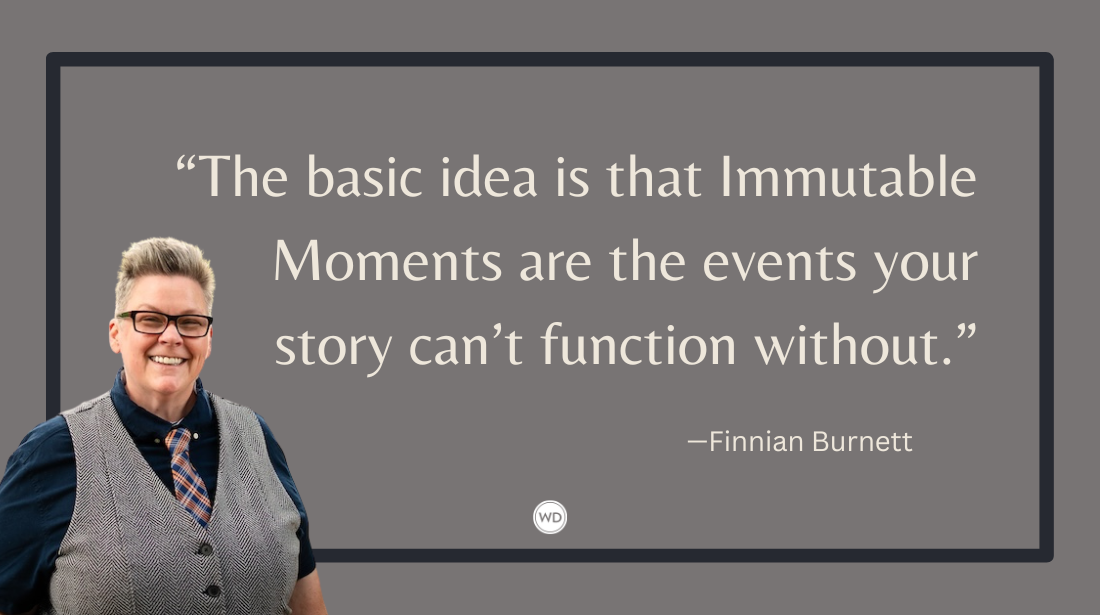Colleen Cambridge: On Honoring the Golden Age of Detective Fiction
New York Times and USA Today bestselling author Colleen Cambridge discusses the process of writing her new mystery novel, Murder at Mallowan Hall.
Colleen Cambridge is a pseudonym for a New York Times and USA Today bestselling author whose books have been translated into more than eight languages. She lives in the Midwest and is hard at work on her next novel.
In this post, Colleen discusses the process of writing her new mystery novel, Murder at Mallowan Hall, the Agatha Christie Easter Eggs she hopes fans will love, and more!
Name: Colleen Cambridge
Literary agent: Maura Kye-Casella, Don Congdon Associates
Book title: Murder at Mallowan Hall
Publisher: Kensington Books
Release date: October 26, 2021
Genre/category: Mystery/Historical Mystery
Previous titles: As CM Gleason: The Lincoln’s White House Mystery Series; as Colleen Gleason: The Stoker and Holmes series
Elevator pitch for the book: What if Agatha Christie’s housekeeper was the best detective of all? When a dead body is found in Agatha Christie’s library during a house party, Phyllida Bright, the housekeeper at Mallowan Hall, investigates.
IndieBound | Bookshop | Amazon
[WD uses affiliate links.]
What prompted you to write this book?
My editor suggested that I write a story with Agatha Christie’s housekeeper as an amateur detective. I loved the idea (I’ve been a huge Christie fan since I was young), and I adore writing historical mysteries.
It seemed like a great opportunity to explore the 1930s (prime time for “the Golden Age of Detective Fiction”) as well as immerse myself in Christie’s broad catalog of works. As a fan of Downton Abbey as well, I loved the concept of a large estate as the backdrop for this series.
Most of all, I was excited about the challenge of writing a detective who was a capable, efficient working woman instead of a character from the gentry. Her position offers some of its own limitations and challenges.
How long did it take to go from idea to publication? And did the idea change during the process?
The germ of the idea was pretty simple, but early on I made some artistic decisions about, for example, using a fictional manor house instead of any of Christie’s actual homes (she had several).
I wanted to be able to play with the characters of the downstairs staff, as well as wanting ample grounds where bodies could show up and murders could happen. I wanted to be able to create my own village near the manor house, with its own set of characters. So I didn’t want to be restricted by an actual location.
I’ve also deliberately been vague about the years the stories will take place. The time period is obviously the 1930s (based on which Christie works had been published, and which ones are in process/germinating ideas), but the specific year has not been identified—nor will it. However, I’ve been very careful to be historically accurate relative to the lifestyle and culture of the 1930s.
Were there any surprises or learning moments in the publishing process for this title?
The best part of the publishing process for Murder at Mallowan Hall was when I received the cover. I thought the Art Department at Kensington Books nailed it in every possible way.
Were there any surprises in the writing process for this book?
I wasn’t expecting the surly chauffeur to show up in chapter 8, but there he was! Seriously, though, no, not really—other than the fact that I didn’t know who the murderer was until about three quarters of the way through the book…and then it changed. But that’s typical for me when I write mysteries.
It was a joy to write Murder at Mallowan Hall and, having just finished writing the second Phyllida Bright book, I can attest to the fact that the follow-up was just as much fun for me to write.
What do you hope readers will get out of your book?
I hope they’ll enjoy the mystery—and not solve it too early on!—and I hope they’ll get a feel for what it was like living and working in a large estate in the 1930s.
I hope that Phyllida as a character will resonate with the reader. Unlike many amateur detectives in fiction, she’s confident in her abilities from the moment she decides to investigate the murder (because, of course, she’s read mystery stories for years). I’d love for readers to relate to her in that way—as detective readers/viewers who suddenly find themselves in a real-life mystery.
I also expect that Christie fans will notice the Easter eggs I’ve dropped in throughout. Not only references to characters and titles, but also story concepts/premises that only someone who’s actually read Christie would recognize.
If you could share one piece of advice with other authors, what would it be?
Besides my age-old, simple advice of: JUST DO IT! (Just write!), it would be to find a balance between writing something you love and something that the market wants. It’s difficult sometimes, but when you find that balance, it makes the whole process more fun.
Robert Lee Brewer is Senior Editor of Writer's Digest, which includes managing the content on WritersDigest.com and programming virtual conferences. He's the author of 40 Plot Twist Prompts for Writers: Writing Ideas for Bending Stories in New Directions, The Complete Guide of Poetic Forms: 100+ Poetic Form Definitions and Examples for Poets, Poem-a-Day: 365 Poetry Writing Prompts for a Year of Poeming, and more. Also, he's the editor of Writer's Market, Poet's Market, and Guide to Literary Agents. Follow him on Twitter @robertleebrewer.








